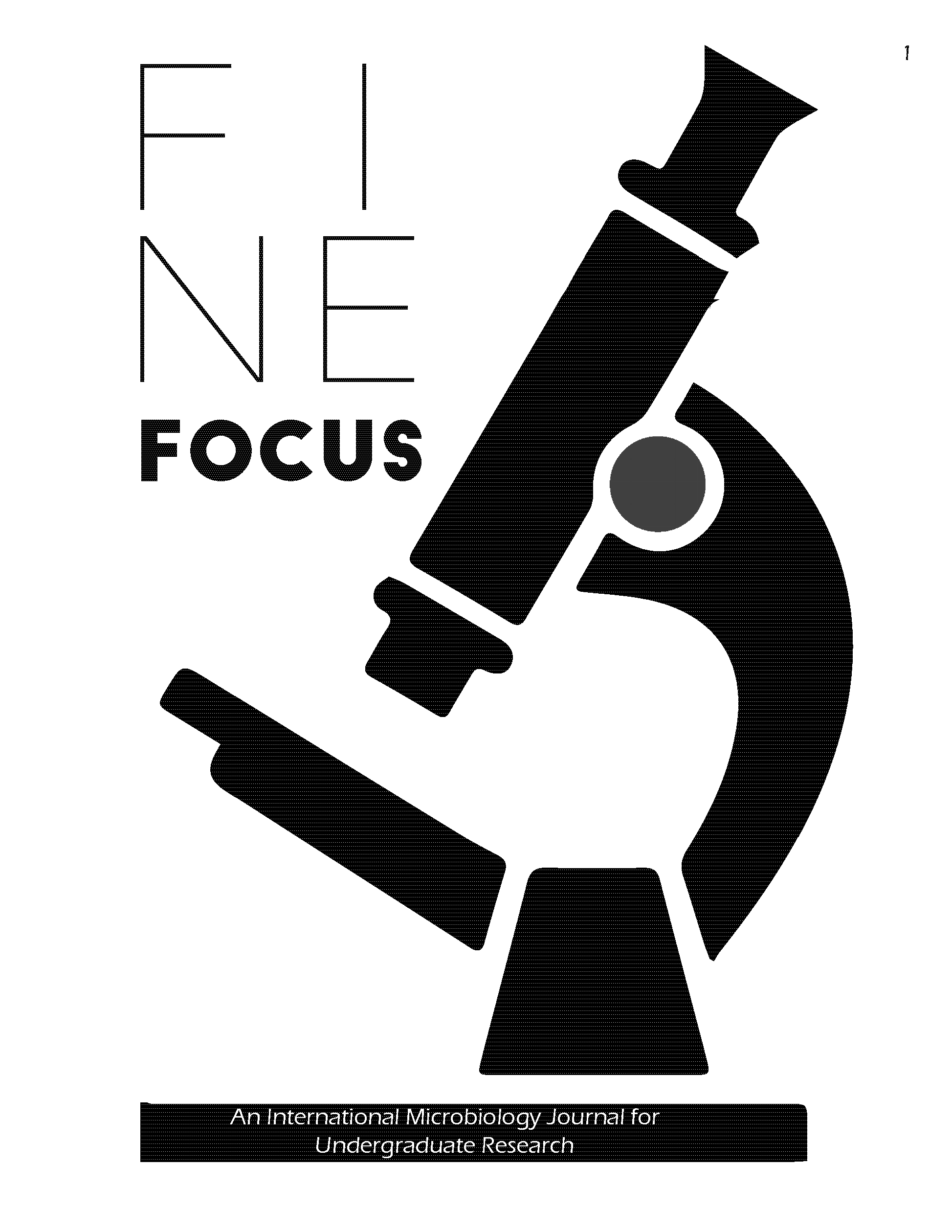Peer Mentoring: the Missing Piece in Graduate Professional Development
DOI:
https://doi.org/10.33043/FF.5.1.15-21Abstract
Many academic institutions offer professional development programs to prepare graduate students to meet the changing expectations of science, technology, engineering, and mathematics (STEM) faculty. Peer mentoring is not widely adopted in graduate professional development, yet incorporating this approach can better facilitate the transition from graduate student to faculty member. Using evidence from experience as peer mentors (2011-2017), we examine established characteristics of peer mentoring and evaluate their strengths in the context of a future faculty professional development program. Peer mentors coached mentees by sharing common experiences related to teaching and learning, provided a safe space for mentees to discuss their experiences, and acted as a liaison between mentees and faculty advisors. These benefits translate into increased competency for future faculty to engage in research, teaching, and mentoring.
Downloads
Downloads
Published
How to Cite
Issue
Section
License
By submitting to Fine Focus, the author(s) agree to the terms of the Author Agreement. Beginning in Fall 2018, all authors retain copyrights associated with their article contributions and agree to make such contributions available under a Creative Commons Attribution-NonCommercial 4.0 International license upon publication in Fine Focus. Copyrights to articles published prior to Fall 2018 have been transferred from the authors to Fine Focus.



